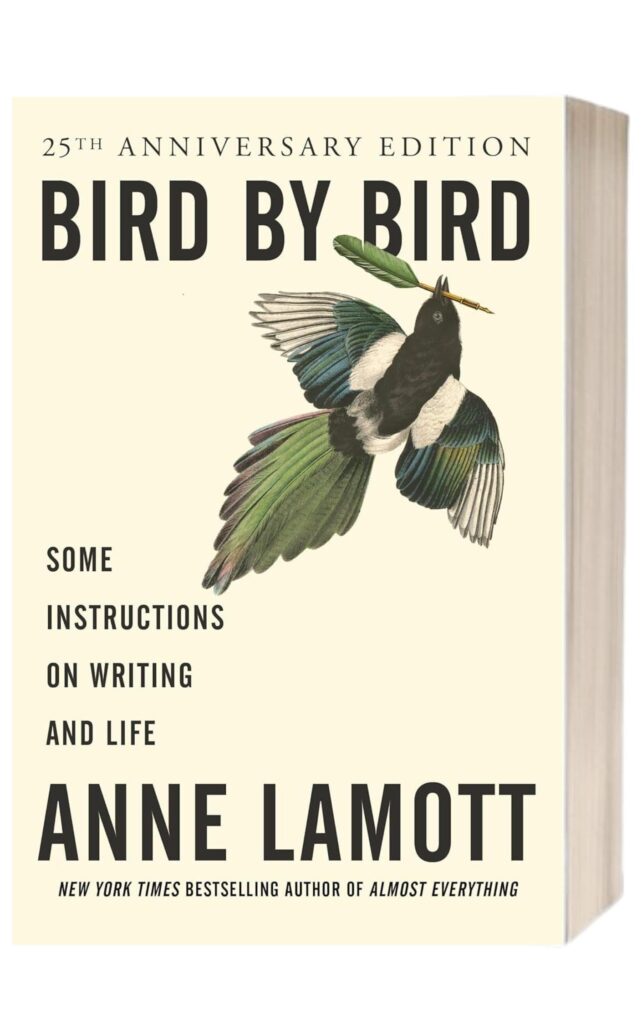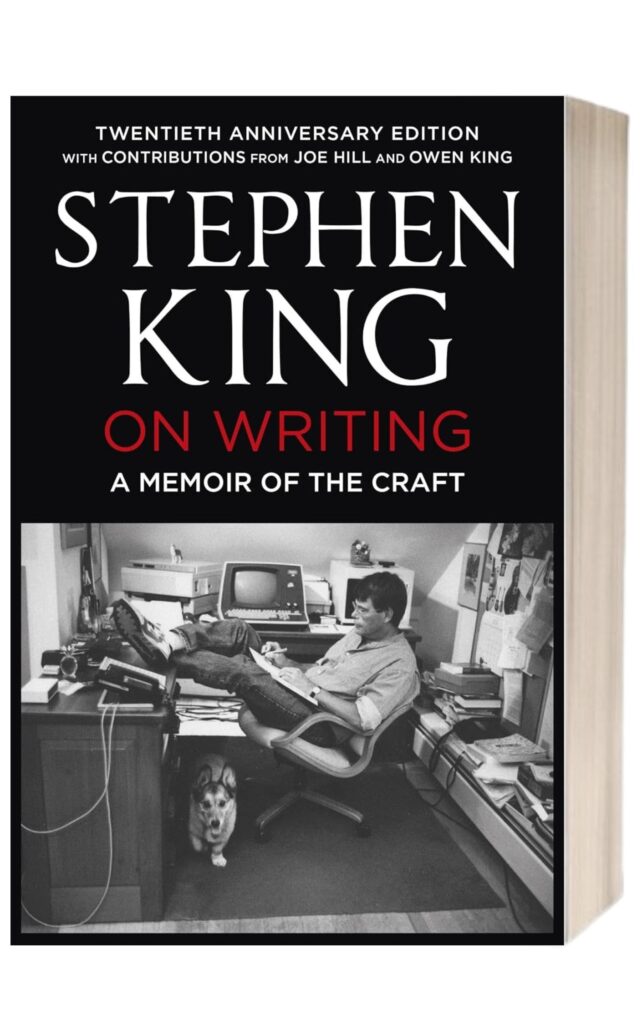Top 10 Tips for Writing. Writing is an art that, like a fine blade, grows sharper with every stroke practiced and every tip followed. Whether crafting a compelling novel, a thought-provoking essay, or a precise business report, honing your writing skills is key to effectively communicating your message. Here, we’ll delve into essential guidelines to elevate your writing, empowering you to confidently captivate your audience and achieve your writing goals.
Writing with Clarity and Precision
Before you start writing novels or poetry, take some time to think about your purpose and your audience. What do you want to say and to whom do you want to say it? Having a clear plan in mind will help you stay focused and on track as you write.
The first sentence of your piece is crucial for capturing your reader’s attention. Start with a quote, a surprising fact, or a question to make your reader want to keep reading.
Writing in an active voice makes your sentences more engaging and easy to understand. Instead of writing “The ball was thrown by the boy,” write “The boy threw the ball.”
To make your writing more interesting and engaging, use descriptive language that paints a picture in your reader’s mind. Use strong verbs and adjectives, and avoid using cliches.
Imagine you’re crafting an article about the benefits of meditation. Instead of starting with a mundane introduction, hook your readers with a thought-provoking question like, “What if just 10 minutes a day could transform your life?” This opening sets the stage for an engaging exploration of the topic.

1. Target Your Thoughts About Your Write-Up
The aesthetic expression of thought comes out through writing. So your writing should be specific to what your mind says. Take a silent mental reading. Try to continue your imagination. Whenever you think of something else don’t let your thoughts wander. Sometimes many things go through our minds and we aren’t able to catch them. So, set your mind with a goal and try to bring it up in your paper.
Writing is a medium through which we express the depths of our thoughts and imagination. To effectively convey your ideas, it’s crucial to align your writing with the clarity of your mind’s vision. Take a moment for silent contemplation, allowing your thoughts to coalesce into a cohesive narrative. Often, our minds are abuzz with myriad ideas, and capturing them requires deliberate focus. Set a clear goal for your writing and let it serve as your compass, guiding your thoughts and words towards a unified purpose. By honing this skill, you’ll find that your writing becomes not just a means of expression, but a true reflection of your innermost thoughts and creativity.
2. Write at Night with a Relax Mind
It is very good to write often in a day. Writing at night is a little easier cause of the day you have spent. There is no hurry. so you can be relaxed. Try to collect the content about what you want to write. This will be possible from the time you wake up. So, set your goal and listen to it on a relaxed night to write.
Writing at night can offer a serene environment that fosters creativity. With the day’s activities behind you, there’s a sense of calm that can help ideas flow more freely. It’s a time when you can focus without the distractions of the day, allowing you to delve deep into your thoughts and bring them to life on paper.
Preparing during the day by reflecting on your ideas and setting specific goals can make your night writing sessions more productive. Creating a comfortable and inviting space, free from interruptions, can further enhance your focus. Overall, writing at night can be a peaceful and rewarding experience, providing an ideal setting for creative expression.
3. Start Writing Whatever Comes into Mind
If you have ever wondered how to start writing. First, write what your mind says. Maybe it will be unarranged but later do write full of your creativity. It will be easy to start. Starting to write can be challenging, but setting a goal of 100 words is a manageable target. Here are a few tips to help you get started:
- Choose a topic: Think about what you want to write about. It could be anything from a personal experience to a fictional story.
- Jot down ideas: Write down a few ideas or key points that you want to include in your writing. This will help you stay organized and focused.
- Set the scene: Describe the setting or environment in which your story takes place. This will help you create a mental image and provide context for your reader.
- Start with action: Begin your writing with an interesting event or action to grab the reader’s attention.
- Show, don’t tell: Instead of simply telling the reader what’s happening, try to show the scene through description and dialogue. This will make your writing more engaging and vivid.
- Keep it simple: Start with a simple plot and focus on one or two characters. This will help you stay within the 100-word limit and avoid getting bogged down in details.
Remember that writing is a process, and it’s okay to start small and build from there. Good luck with your writing!
4. First Make Up Easy Flow
Your precincts must be powerful for the reader. Make sure that your reader should get attached. Writing from your creativity is not that easy. Start a write-up with powerful words in an easy way that people will understand. So, readers can understand and also you will get your creative content.
5. Write from The Investigation
If you want to write about something specific content or something which is related to society and history then do read first about it. It will help you to think right and give you confidence. Writing about an Incident can be a complex task, but it can also be a rewarding way to share important information and insights.
Plan and research before you start writing, make sure you have a clear understanding of the investigation and all the relevant facts. This may involve conducting research, reviewing documents, or conducting interviews with the people involved.
Organize your information decide on the structure of your piece and make an outline. This will help you to stay organized and make sure that you cover all the important points.
Present evidence using facts and evidence to support your argument and provide context for your investigation. This will help build credibility and demonstrate the importance of your findings.
6. Write Down What You See and Observe
If you can observe people, their soul, and their mind then it will be helpful to get attention from your reader. If people can relate to your writing then they will easily come to your company. They should get themselves I’m your words. So, observing the personality of people and writing down them will be very helpful to you. Not only your opinion but others should be in your content in a very positive way. Read their mind and give them through your words of creativity. Grab their attention.
7. Whenever You Write Talk to Yourself
Writing a novel is a big project that requires a lot of dedication and hard work, but it can also be a very rewarding experience.
Before you begin writing, it’s important to have a clear idea of what your novel will be about. Think about the theme, the setting, the characters, and the overall plot.
Creating an outline can help you stay organized and focused as you write. Start by creating a basic outline of your story, including the major plot points and character arcs.
Write every day writing a novel takes time, so it’s important to be consistent. Set aside time each day to write, even if it’s just for a few minutes.
8. Keep Your Mind Always in Your Imagination
Keeping your mind in imagination requires focus, creativity, and the ability to sustain a state of mental visualization. Practice visualization make a conscious effort to visualize scenarios, objects, and experiences in your mind regularly. This could be in the form of daydreaming, meditation, or mental rehearsals for a particular event.
Encourage your imagination by engaging in creative activities such as writing, drawing, or sculpting. This can help you develop the ability to create vivid mental images.
Find a quiet place where you can focus your mind and limit distractions. Turn off your phone, close your email, and avoid other interruptions.
9. End with A Strong Voice
Ending a novel with a strong voice is important because it leaves a lasting impression on the reader and ties the story together. Tie up loose ends and make sure that all of the plot points and characters have been addressed and resolved. The ending of your novel should reflect the themes that have been present throughout the story.
As with the beginning of your novel, it’s important to show the ending rather than simply telling the reader what happens. Use vivid descriptions and dialogue to bring the story to life.
The tone of your ending should match the tone of the rest of your novel. A strong ending will leave the reader with a sense of resolution and a clear understanding of the message you’re trying to convey.
Keep it simple the ending of your novel should be concise and to the point. Avoid adding unnecessary details or plot twists that could detract from the overall impact of your ending.
Use a memorable closing line a memorable closing line can help reinforce the themes of your novel and leave a lasting impression on the reader.
Remember that the ending of your novel is a crucial part of the story, so take your time and make sure that it’s strong and memorable.
10. Read Your Work Out Loud
Read your work out loud. Reading your work out loud is a great way to catch errors and improve the flow of your writing. It can also help you get a sense of how your writing sounds to your reader.
In conclusion, these are just a few tips to help you improve your writing skills. Remember that practice makes perfect, and the more you write, the better you will become. Happy writing!
Bird by Bird
Thirty years ago, my older brother, ten at the time, faced a daunting task: completing a report on birds due the next day, despite having had three months to work on it. We were at our family cabin in Bolinas, and he sat at the kitchen table, overwhelmed by the pile of binder paper, pencils, and unopened books on birds. Immobilized by the enormity of the task, he was on the verge of tears. That’s when my father sat down beside him, wrapped an arm around his shoulder, and uttered the words that would become a guiding principle in our lives: ‘Bird by bird, buddy. Just take it bird by bird.’
In this simple yet profound moment, my father taught us the value of breaking down overwhelming challenges into manageable pieces. ‘Bird by bird’ became a mantra, reminding us to focus on the immediate step in front of us rather than the entire journey. It’s a lesson that has stayed with me, guiding me through countless daunting tasks and reminding me that progress is made one small step at a time.

On Writing

Stephen King stands as a titan among authors, his work captivating readers worldwide. The Guardian hails him as “the most remarkable storyteller in modern American literature,” a title well-earned through his ability to craft gripping narratives that refuse to release their hold on readers.
His book, part memoir and part master class offers a rare glimpse into the mind of one of the greatest writers of our time. It serves as both a tribute to his journey as an author and a practical guide for aspiring writers. King shares essential tools of the trade, drawing from his own life experiences, from his formative years to his recovery from a near-fatal accident in 1999, showing how his writing and life are inextricably linked.
Through vivid storytelling and insightful advice, King’s narrative transcends mere instruction, providing a deeply personal and inspiring account of his craft. His words resonate with authenticity, offering a compelling testament to the enduring power of storytelling and the writer’s journey.
Conclusion
Developing your writing abilities must get the “Top 10 Tips for Writing” is a holistic process that requires commitment, practice, and openness to new ideas. Using the advice in this article, you can write more clearly, capture readers’ attention, and bring your ideas to life on paper. These tips will help you create engaging and memorable content, whether you’re writing a business report, essay, or novel. Remember that writing is a process, and you can improve your abilities and become a more skilled writer with time and effort.
FAQ
Q: How can I improve my writing clarity?
A: Determining your goal and target audience is the first step toward writing more clearly. Don’t use jargon, speak simply and concisely, and organize your thoughts logically.
Q: How can I make my writing more engaging?
A: Use descriptive language, show rather than tell, and change up the structure of your sentences to make your writing more interesting. Talk and anecdotes will help your work come to life.
Q: What should I do if I experience writer’s block?
A: If you experience writer’s block, try taking a break, changing your environment, or engaging in a creative activity. Freewriting, brainstorming, or talking to someone about your ideas can also help stimulate your creativity.





